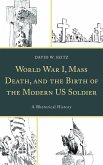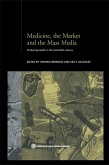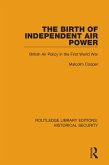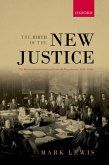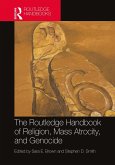World War I, Mass Death, and the Birth of the Modern US Soldier: A Rhetorical History examines the United States government's postwar ideological and rhetorical project in establishing permanent national military cemeteries abroad. Constructed throughout Europe where citizen-soldiers had fought and perished, and sacralized as American sites, these burial grounds simultaneously linked the nation's war dead back to American soil and the national purpose rooted there, expressed the nation's emerging prominent role on the world's stage, and advanced the burgeoning icon of the "sacrificial, universal" US soldier. It draws upon untapped archival and historical materials from the WWI and interwar periods, as well as original on-site research, to show how the cemeteries came to display and advance the vision of the modern US soldier as "a global force for good." Ultimately, within the visual display of overseas cemeteries we can detect the birth of "the modern US soldier"-a potent icon in which divergent emotions, memories, beliefs, and arguments of Americans and non-Americans have been expressed for a century.
Bitte wählen Sie Ihr Anliegen aus.
Rechnungen
Retourenschein anfordern
Bestellstatus
Storno



